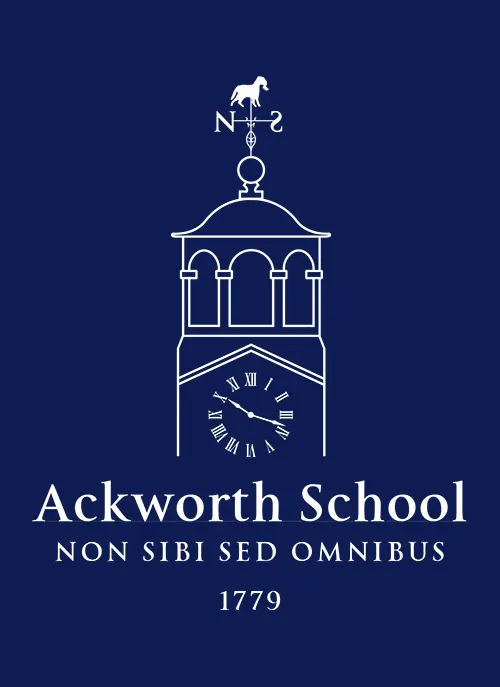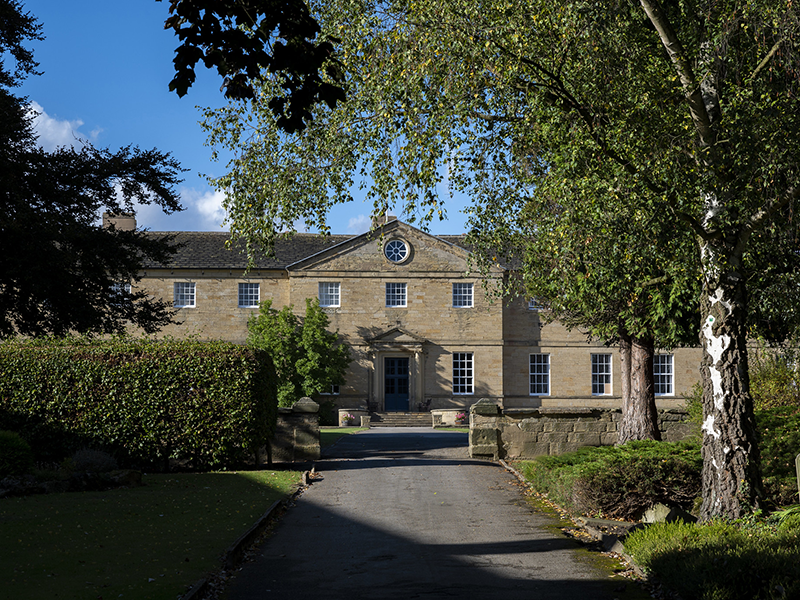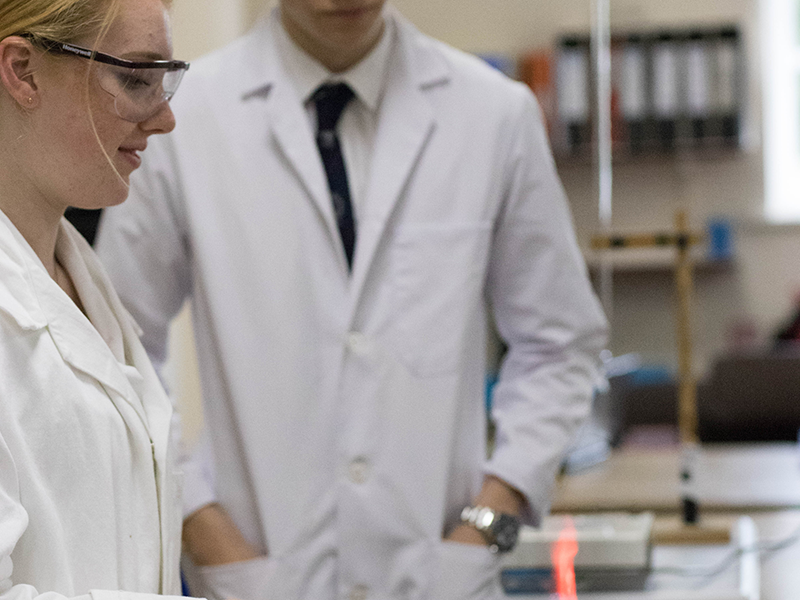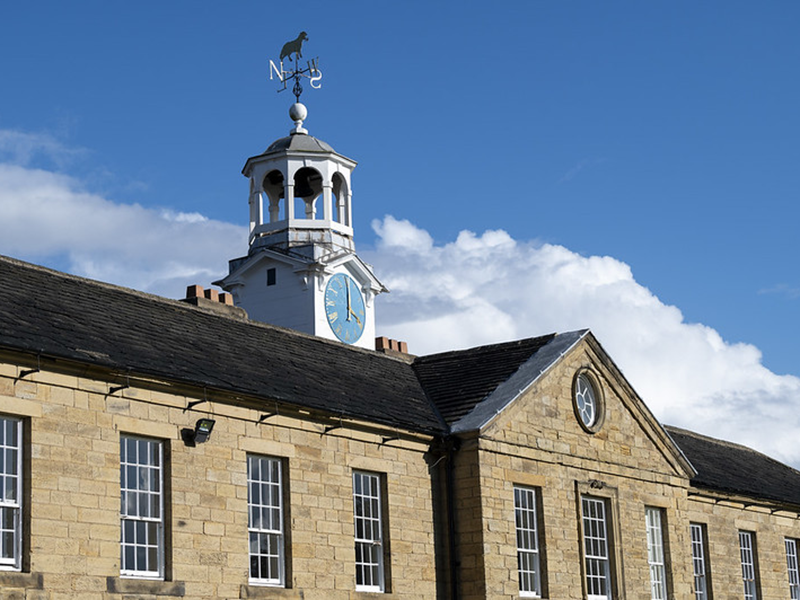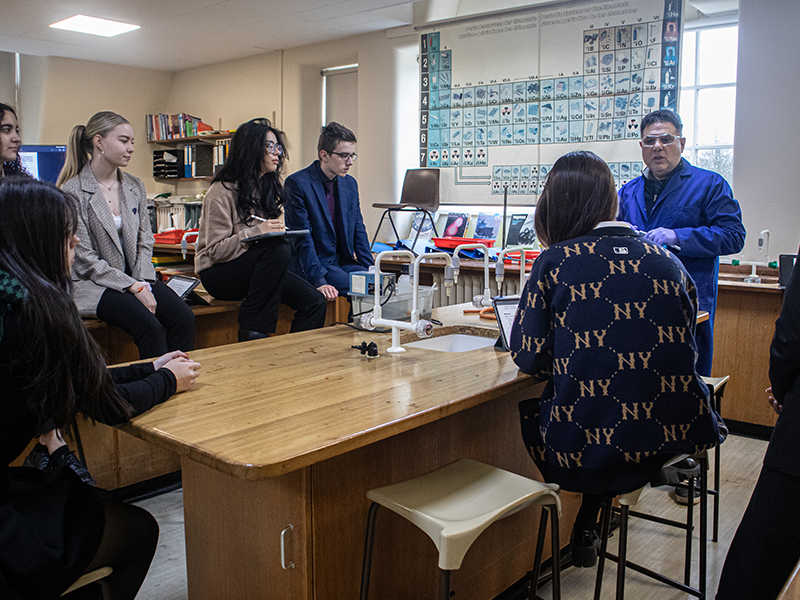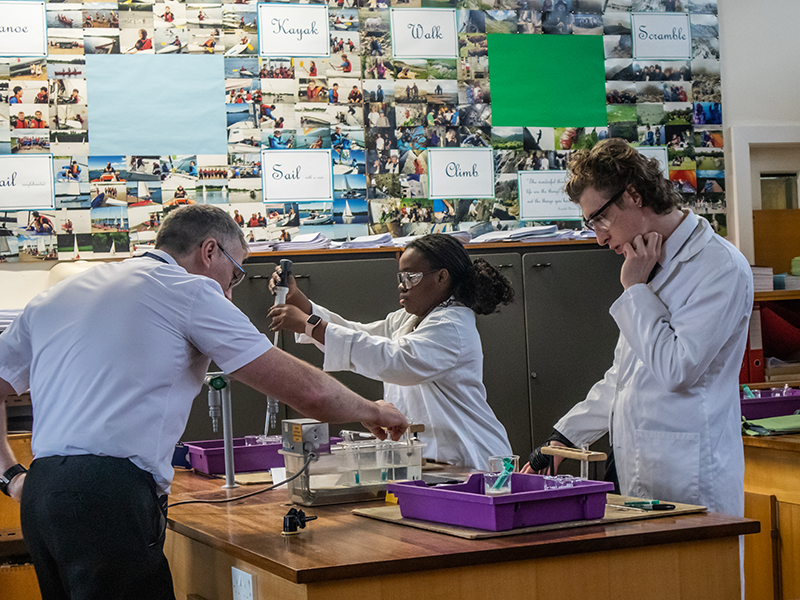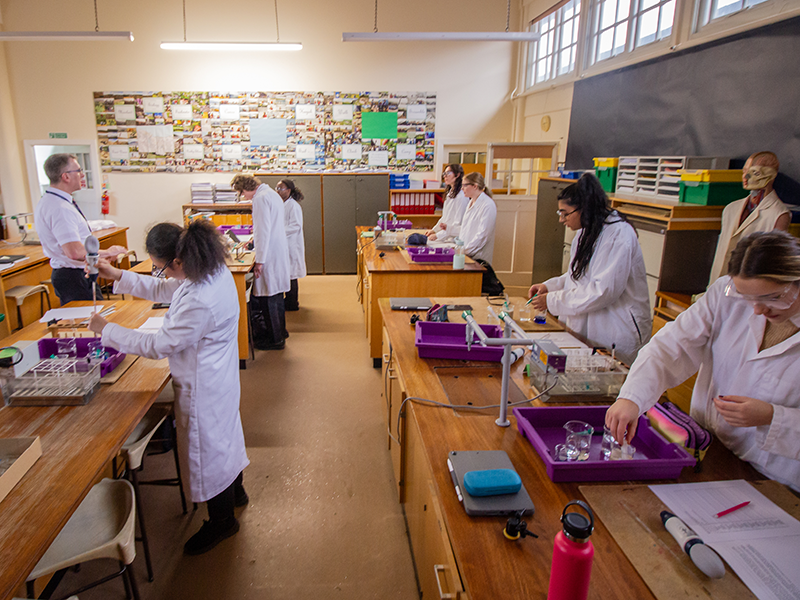A-Level Physics
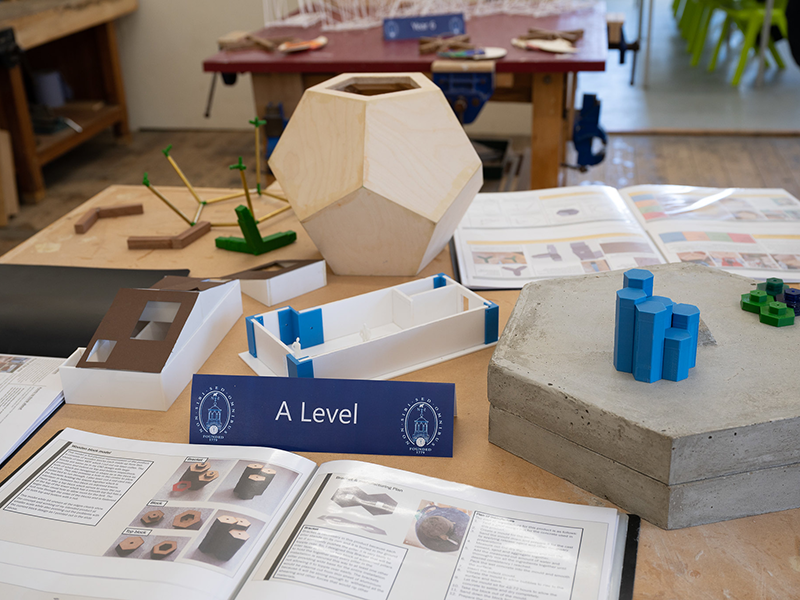
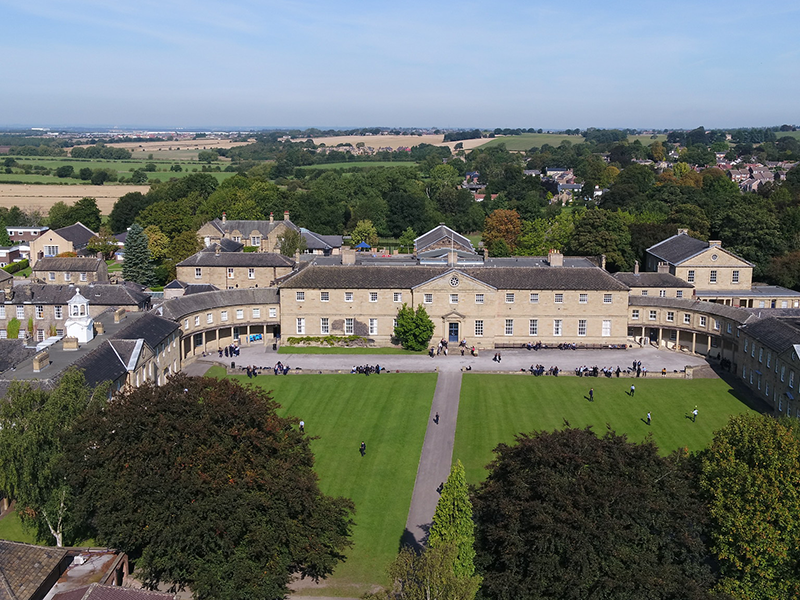

A Level Physics allows you to delve into the laws that explain why everything in the universe – from quasars to Quavers – exists. It explores where energy comes from, the relationship between matter and energy, how the fundamental forces of nature work, the world of subatomic particles as well as many other interesting topics.
Studying A Level Physics will develop you reasoning, problem-solving and analytical skills. This will position you favourably for university level study or the workplace.
Department Staff: Ian white and Carl Pearson.
Advanced Level GCE Physics
Exam Board: AQA
Syllabus code: 7408
Advanced Level Physics is studied over 2 years and is comprised of 8 topics. In the lower 6th the students will study Particles and Radiation, Waves and Optics, Mechanics and Materials and Electricity. In upper 6th they will study Further Mechanical and Thermal Physics, Theory of Fields and Nuclear Physics. There will also be the optional unit Turning Points in Physics that looks at the development of ideas in Physics as well as the Theory of Special Relativity. Physics has a heavy mathematical element and is ideally studied alongside A Level Mathematics.
The Physics Practical Endorsement is taken along side the A Level in order to develop and assess practical investigation skills. Practical work is a vital part of the Physics course and there will be many opportunities to use many different types of apparatus throughout. Some of the required practical activities including Investigating the EMF of electrical cells, determining the Young’s Modulus of materials, investigating Boyle’s and Charles’ gas laws and the inverse square law of Gamma Radiation
There are three examination papers for A Level Physics that students will sit at the end of the course. The papers consist of a mixture of short and long answer questions as well as a multiple choice section. Paper 3 will also assess the understanding of the practical techniques and data analysis that are embedded throughout the course.
